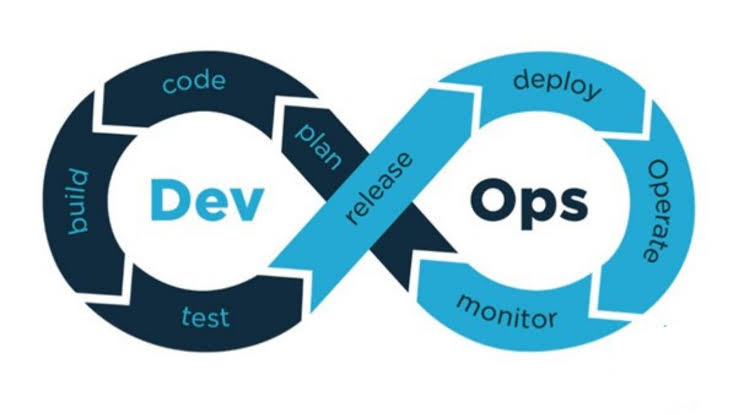Salesforce DevOps ensures Admins & Developers can make changes and work through the software development process in the most efficient way possible, with minimum errors and disruption. Accelerating this as a career is the growth journey of the Salesforce Platform. A solid DevOps team maximizes the benefit of pioneering Salesforce technology. This career option helps companies answer the real business questions and deliver next level Sales, Service and Marketing and thus enhances the Business Platform. This field of career is in high demand and in a Survey, we gathered the information that on average, across all DevOps processes, 85% of teams already use or plan to adopt them in 2021. Thus, DevOps knowledge is highly valued. As the demand for DevOps skill set grows, there are also specific DevOps roles and responsibilities, which we will try to state below:
- They help in keeping track of development and production environments by deploying declarative changes and monitors the changes that are made between the orgs and source control
- They use automated DevOps processes to test, validate and push code changes through the pipeline and thus keeping a steady stream of work ready
- Execution of tests, including UI testing and making sure that code conforms to best practice as well as data compliance and safety.
- Streamlining of the Release Process is totally under Release Managers as a part of larger teams
- They are responsible for performances and aim to increase the team’s frequency and reliability of releases

DevOps have become ever more complex and business-critical in recent years. As we can see that with the launch of the Salesforce DevOps Center , DevOps best practices would become a part of the way we work. The term DevOps says that it is a set of practices that are blended into other roles. In a larger team, each individual’s roles and responsibilities become for each member of the team. Admins and Developers who stepped with DevOps, thus make a better team and a better market platform.
The career is vast in this field, one can take any following roles:
- Admin-eloper: We can note that it is a hybrid of Admin and Developer. They control and access the declarative changes between orgs and version control. Admin-eloper monitors the changes made to orgs and rectifies the mistakes. Usage of Automated DevOps processes to test, validate and push code changes is also done by Admin-elopers.
- Consultants: They do deploy large Salesforce changes for the whole business and create standardized release models. Also they indulge in setting up clients for future success with faster, safer processes and workflows.
- Architects: They do develop agile DevOps practices and source-driven workflows for everyone that can contribute seamlessly. Architects monitor DevOps performance and increase the frequency and reliability of releases and thus keep track for teams and report on DevOps ROI.
- Engineers: Checking of the newly developed features and customization to meet user, technical, and business requirements are the sole roles of the Engineers. They also execute tests, including UI testing. They also check that the new features are exactly delivered to the end users or not.
The arrival of Salesforce’s own DevOps Center has closed the gap between the DevOps newbies and those who are DevOps-proficient. Thus, opting this as a career would boost the business platform to rise together. Happy Learning and Happy Earning!